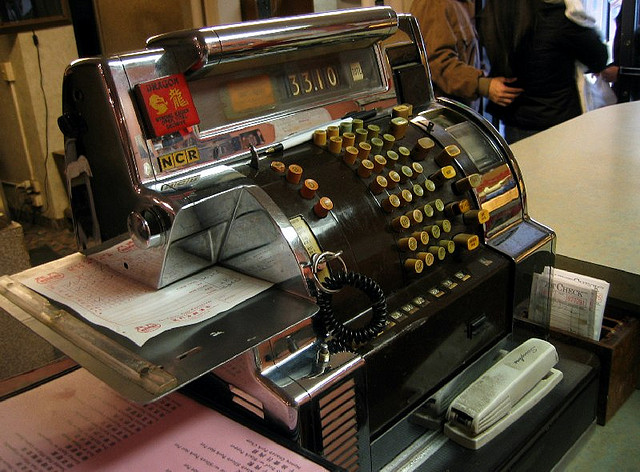Why I (Sort of) Like Atlanta Municipal Court
Picture it. It’s 7:30 in the morning. I’m downtown in Atlanta. It’s about to rain again. It’s the week between Christmas and New Years. I pull into a parking deck that I have to myself. And I walk over to court for what is now my third appearance on a misdemeanor case. And about an hour later I come out of the court with a healthy amount of respect for what it does. After thinking about it some, I sort of like Atlanta Municipal Court.
The Way Atlanta Municipal Court is Different from Other Municipal Courts
- They Don’t Do Trials or Contested Motions. If you file a motion to suppress or want a bench trial, the Court will immediately bind your case over to the State Court of Fulton County. That’s right, Atlanta Municipal Court exists for one purpose only: to put you in a position to take a plea or to choose to go elsewhere for a better offer or to litigate your case. They won’t hear any contested form of anything.
- Things Run on a Timetable. When the case is initiated there, there is an organized process that moves you through the court, where a plea offer must be conveyed in writing, and where a decision point eventually arrives.
- It Doesn’t Pretend to be Something’s it’s Not. Municipal courts are the Rodney Dangerfields of the Georgia criminal justice system. They exist to generate revenue for the municipality they serve. That’s why the procedure to appeal a municipal court conviction is so byzantine. That’s why you will see cash registers in the courtroom. However, nearly all of these courts operate under a delusion that they are an actual court of record. That’s why cases often take so long to process there. The ones that do bench trials place either clueless pro se defendants or the occasional client with a lawyer before a judge who is an employee of the same outfit that employs the cop who wrote the ticket. What follows is a short and swift bench trial or contested motion. When the judge convicts, he generates revenue for the city. When the judge acquits, he turns money away and tells a fellow employee that he is wrong. Guess where the incentives are. Generally, a lawyer in Municipal court understands the game and tries to cut a deal that appeals to the profit motive of the system to the mitigation advantage of the client. Most municipal courts pretend that they are a real court of law with fair trials before a neutral and detached arbiter of facts and law. Atlanta Municipal appears not to harbor that illusion. So, the case moves fast. The municipal courts that have trials aren’t really in the trial business either. They just don’t acknowledge this fact.
When I say that I like this Court, I mean I like it to the extent that I like any Georgia municipal court. It’s a great place unless you’re innocent or poor. Within the context of a city/county justice system, it’s pretty difficult to get a trial at all there. When you bind the case over, you have a two-year wait ahead of you to get a case into court and an even longer period of time if you want a trial. It’s also probably not fun to be a poor person in any municipal court. In a system that values a defendant’s money so much, it is bad to have nothing you can offer. But as municipal courts go, Atlanta has the whole thing down to an art.


Leave a Reply
Want to join the discussion?Feel free to contribute!